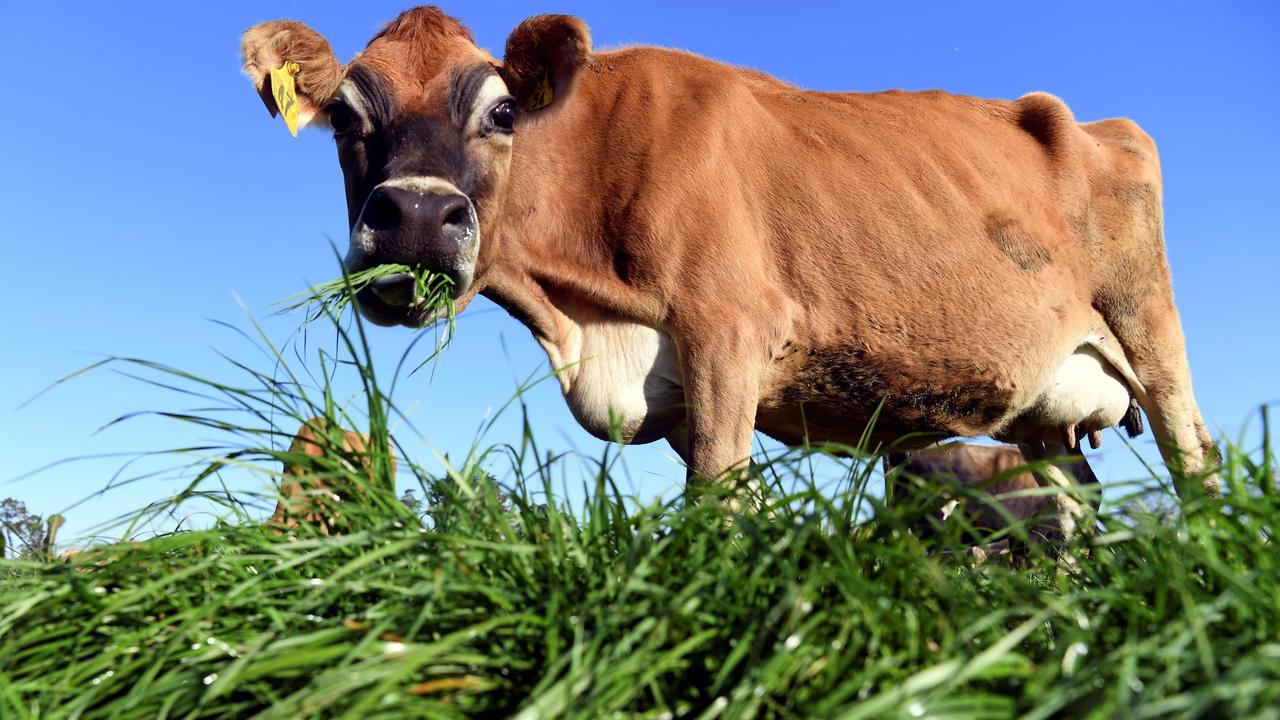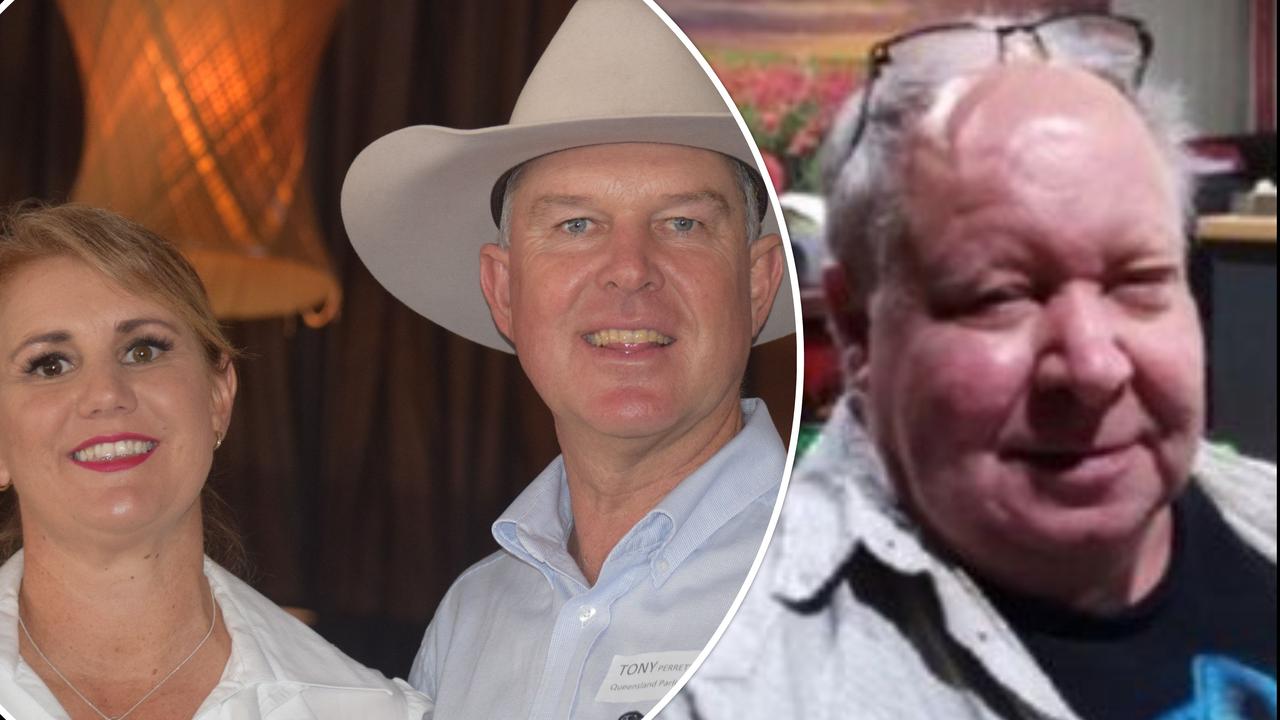It was a battle for Colin McKenna and his soldier settler family
COLIN McKenna remembers the day his parents were accepted as soldier settlers in the winter of 1955.
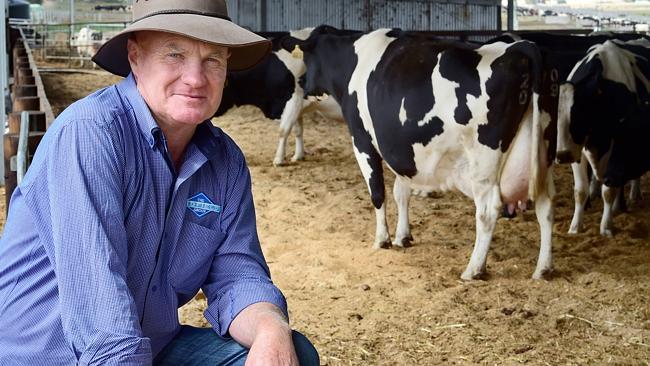
COLIN McKenna remembers the day his parents were accepted as soldier settlers in the winter of 1955.
He recalls his mother running up a muddy track, a letter in hand which told the news the family was desperate to hear.
“It was the chance of a lifetime,” recalled Colin, who now runs one of Australia’s most successful agribusinesses. “It was the greatest scheme ever.”
The work ethic the scheme instilled into settler families such as Colin’s, gave him a grounding from which to build an empire.
Now, the soldier settler’s son turned shearer turned meat processing giant, runs Midfield Meats, his family-owned Warrnambool business, processing 6000 cattle and 40,000 sheep weekly, and owns 8000ha.
The export-focused Midfield turned over $745 million last financial year, placing it 47th in the top private Australian companies.
Colin’s late father, Bernard (Ben) McKenna, was one of 15 World War II settlers at Injemira, 22km north of Warrnambool.
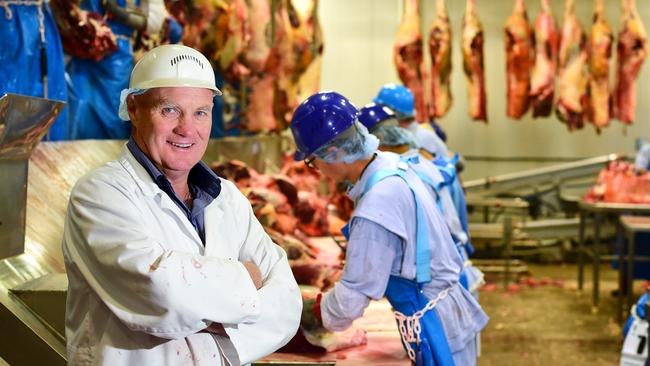
“He didn’t really talk about active service,” Colin said. “A lot of soldiers were the same ... there was no textbook about serving … it was hard, horrendous conditions and treatment.
“It is pretty simple, we wouldn’t be here today if not for them.”
Ben and wife Rosemary grew up on farms and it was always their intention to continue life on the land.
They applied for eight blocks after returning from the war, and was granted a block in 1955.
Colin said the lifetime-low-interest-rate scheme offered the chance to own their own farm.
READ MORE
“It meant they would have their own property, their own life,” Colin said. “In those days there wasn’t much future, banks didn’t fund you.”
The McKenna family’s dairy block was 78ha. There were also 129ha sheep blocks taken up by other soldier settlers nearby in a separate settlement, now part of The Union property, which the McKennas bought in recent times.
“The whole community worked together,” Colin said.
“There was no class distinction, we were all battling it out to eke a living.”
The bonds formed back then have held fast — Colin remains close friends with a number of the children he grew up in the area.
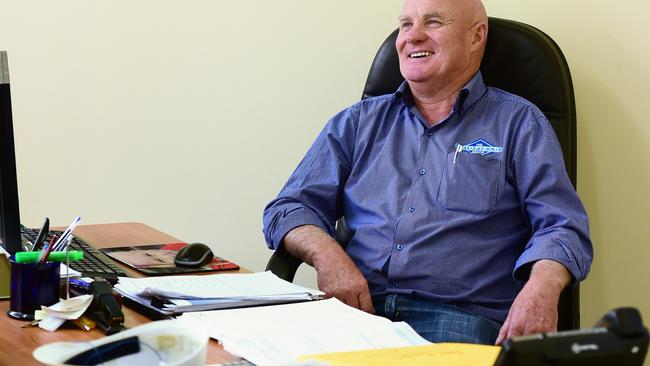
“There was no money. People now would not understand. We had no money,” he said.
“When we first got there, Dad was still sharefarming, Mum milked 15 to 20 cows by hand under a pine tree and separated milk and fed some calves. That’s how they got their dairy herd eventually going.
“We lived in a single car garage for three years — husband and wife and three little kids — no running water or toilet.
“Then they built the dairy next, then they built the house — it was all part of the package, and 65 cows.”
The settlements populated rural areas, gave people opportunities to become farmers, and boosted the land’s productivity.
“Most secondment land (given to returned soldiers) was absentee-owned and very low productivity,” he said.
Communities boomed then declined as settlers’ children grew up and left home.
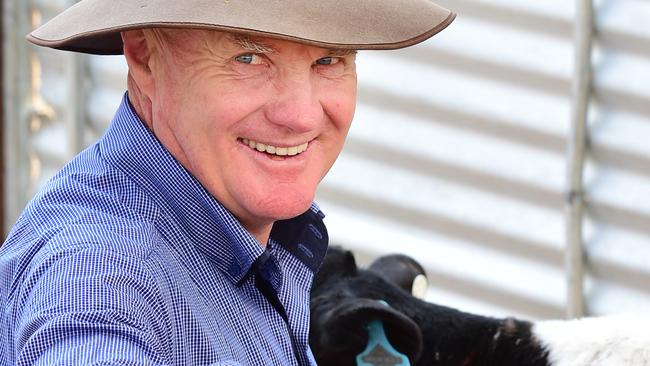
“Not all farms were big enough, but it really gave people a work ethic,” Colin said. “All of us have a work ethic, myself, my brothers and my friends. You get out of bed in the morning and you go to work.”
Some soldier settlers couldn’t make the land work.
“Farmers that could work, and do their budgets and farming right were successful. But some were also very badly advised, sheep farmers particularly, they had no hope. We were lucky we were in dairy areas. I’m sure if we had a sheep block we would’ve failed too.”
After school, Colin worked as a shearer and shore up to 240 a day.
“My intention was to own my own farm. That was my dream,” he said.
While growing up on a soldier settler farm instilled work ethic, Colin said his dad “couldn’t give me a cent, but always gave me support”.
After then working as a stock agent, he went into meat processing in 1976, processing stock at now-defunct plants in the region. He bought the Warrnambool municipality abattoir in 1988.
“There was never any plan to be big. That doesn’t make me tick. I just think it’s nice to be able to pay the wages every week, employ some people so they’ve got jobs and can enjoy a good livelihood,” he said.

